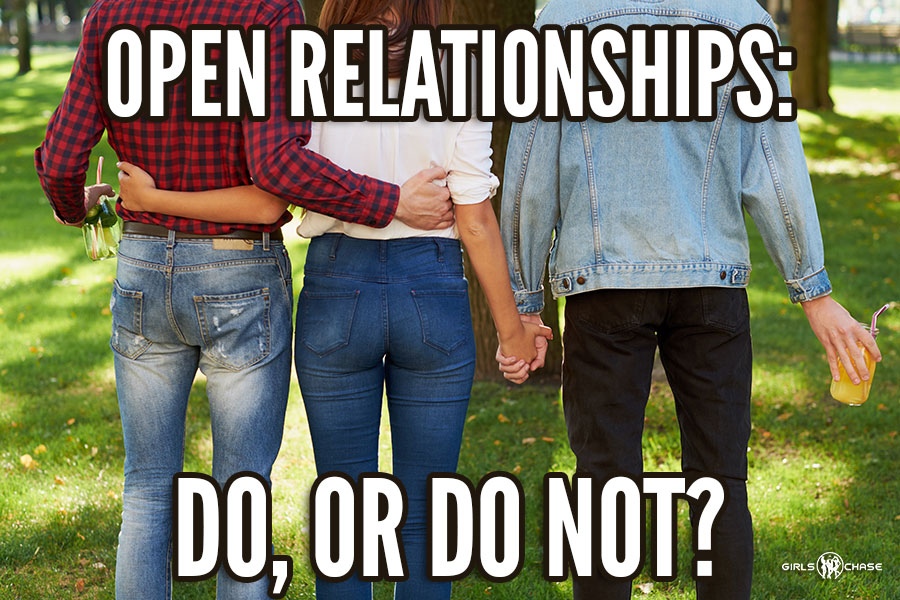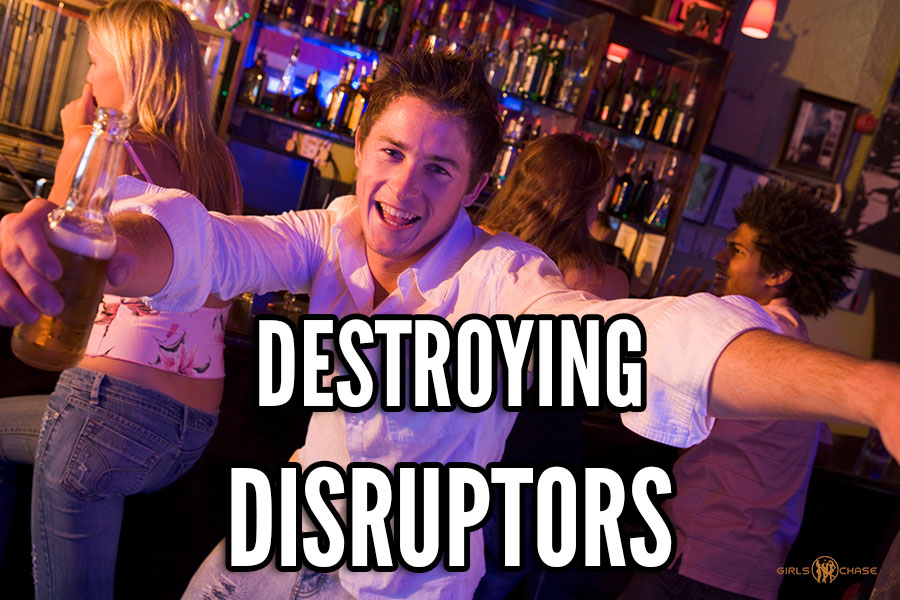First Time Having Sex with a Girl? Don't Be Too Rough
 First time sex that’s too rough or makes a girl feels slutty often backfires. The secret to passionate sex is to escalate to it over a series of encounters with her.
First time sex that’s too rough or makes a girl feels slutty often backfires. The secret to passionate sex is to escalate to it over a series of encounters with her.The first time you have sex with girls, you do not want it to be overly rough. Nor do you want to do anything to trigger feelings in a woman that you think she's a slut.
Yet I have noticed over the years that some guys are fairly (or even quite) rough during the first sexual encounter with a girl. They may do other things that imply to her they think she's a slut (such as using dirty talk where they might even tell her she's a slut. On the first night!).
Some possible reasons men do this with women include:
-
They've watched a lot of porn and have conflated 'rough' and 'wild' with 'showing her a good time'
-
They're just really physical, manly guys and think just being rough with a woman the first time is normal
-
They may have had a girlfriend or FWB who liked it rough and gotten into the habit of being really rough during sex, and that's carried over into their hookups with new girls
-
There's also the less-charitable interpretation is that they may not really care about the girl at all and are just using her to pump and dump (who cares if she has a good time or not!)
Regardless the reason for their roughness the first time they have sex with a girl, the fact is you should not be too rough the first time you bed her.
There are a variety of reasons for this. Some of them are quite important.
So, I hope you will read on -- and have better first encounters + avoid a lot of potential heartache for yourself and women.










